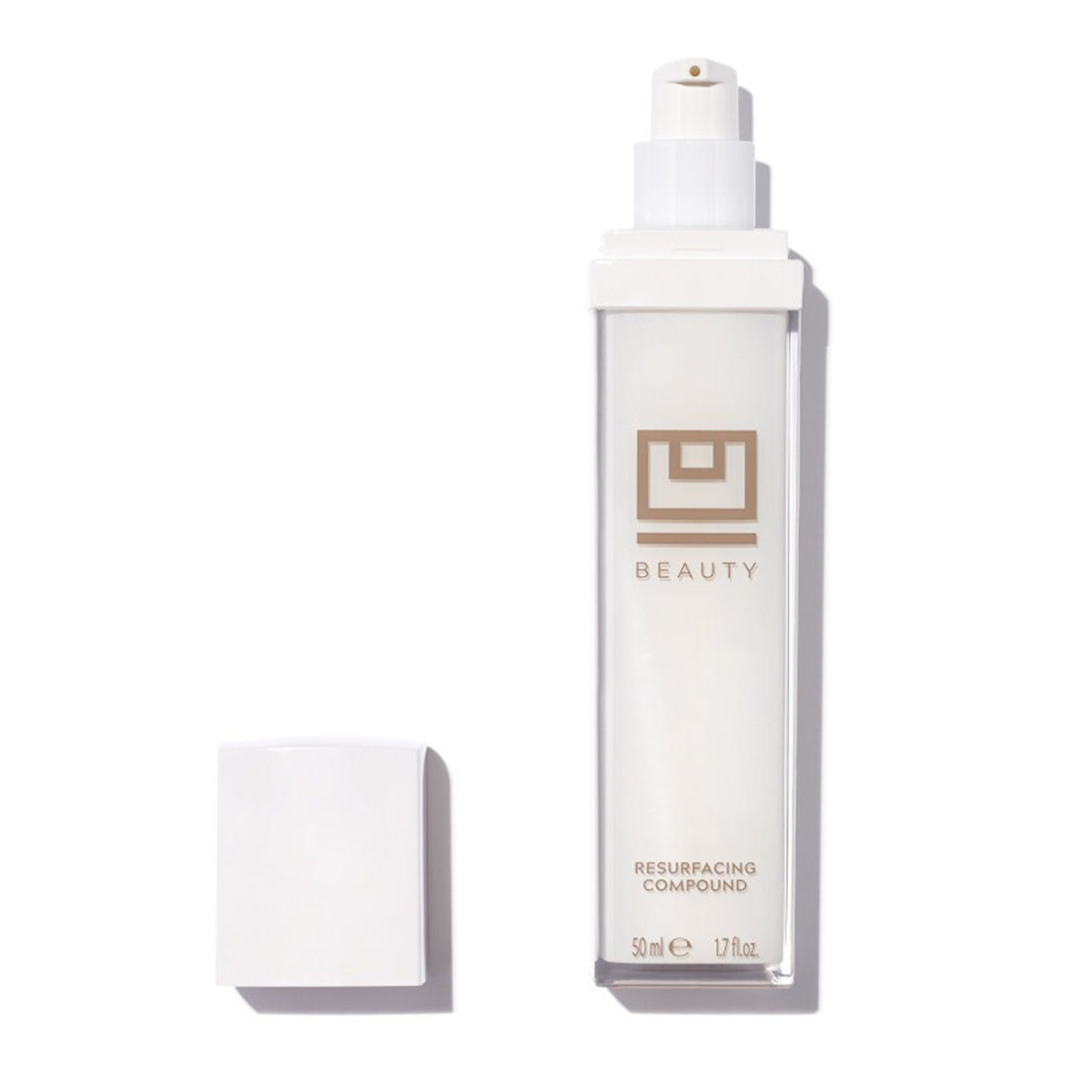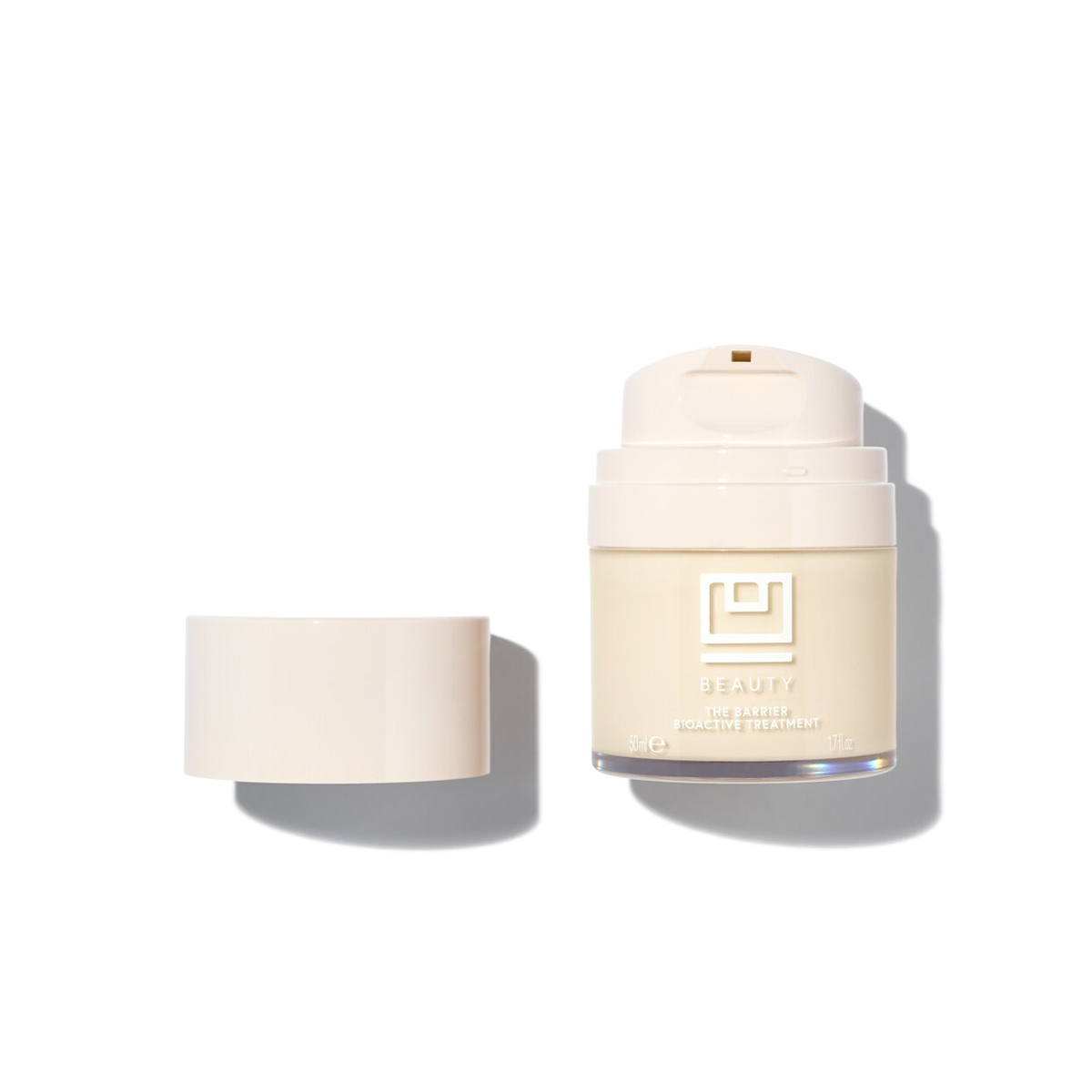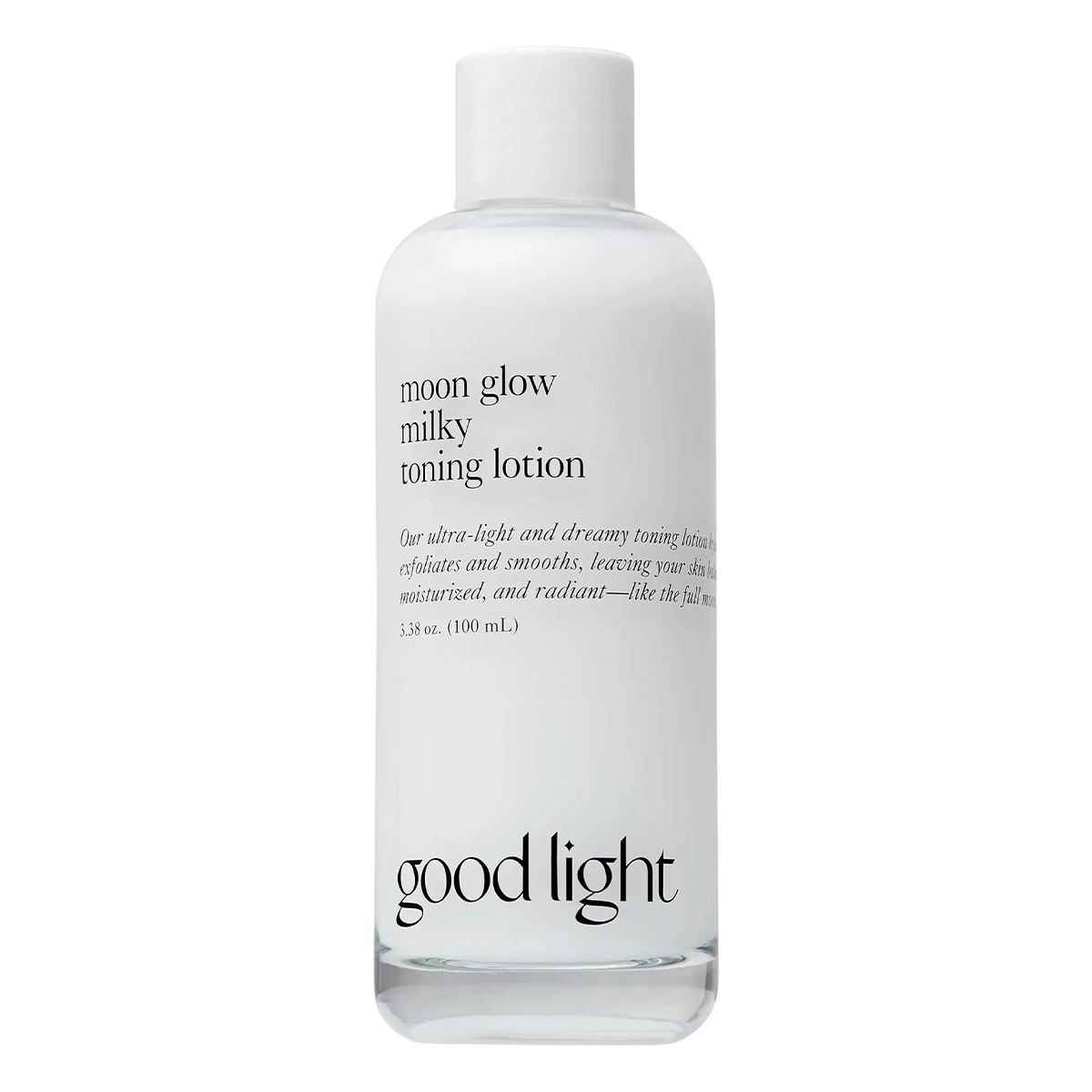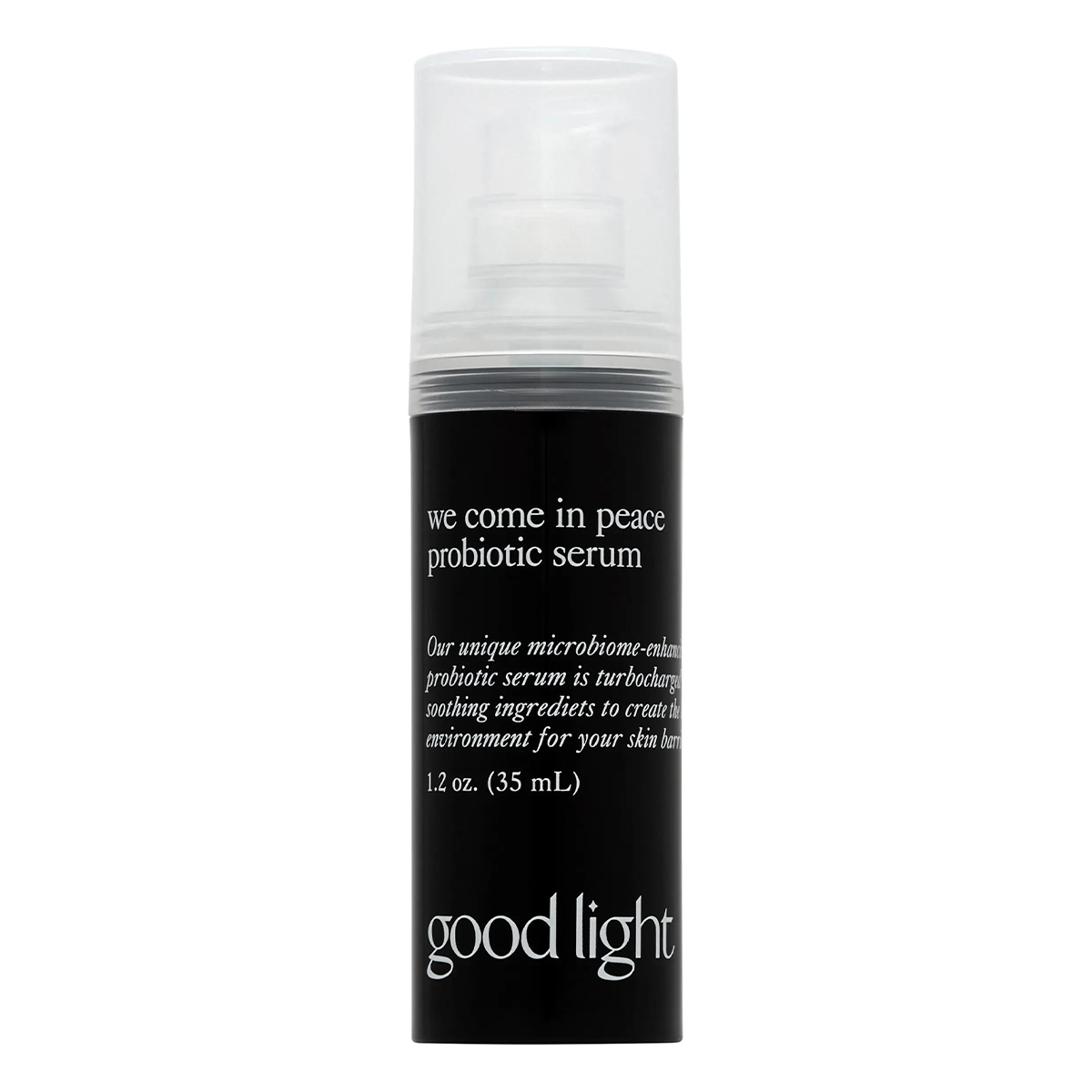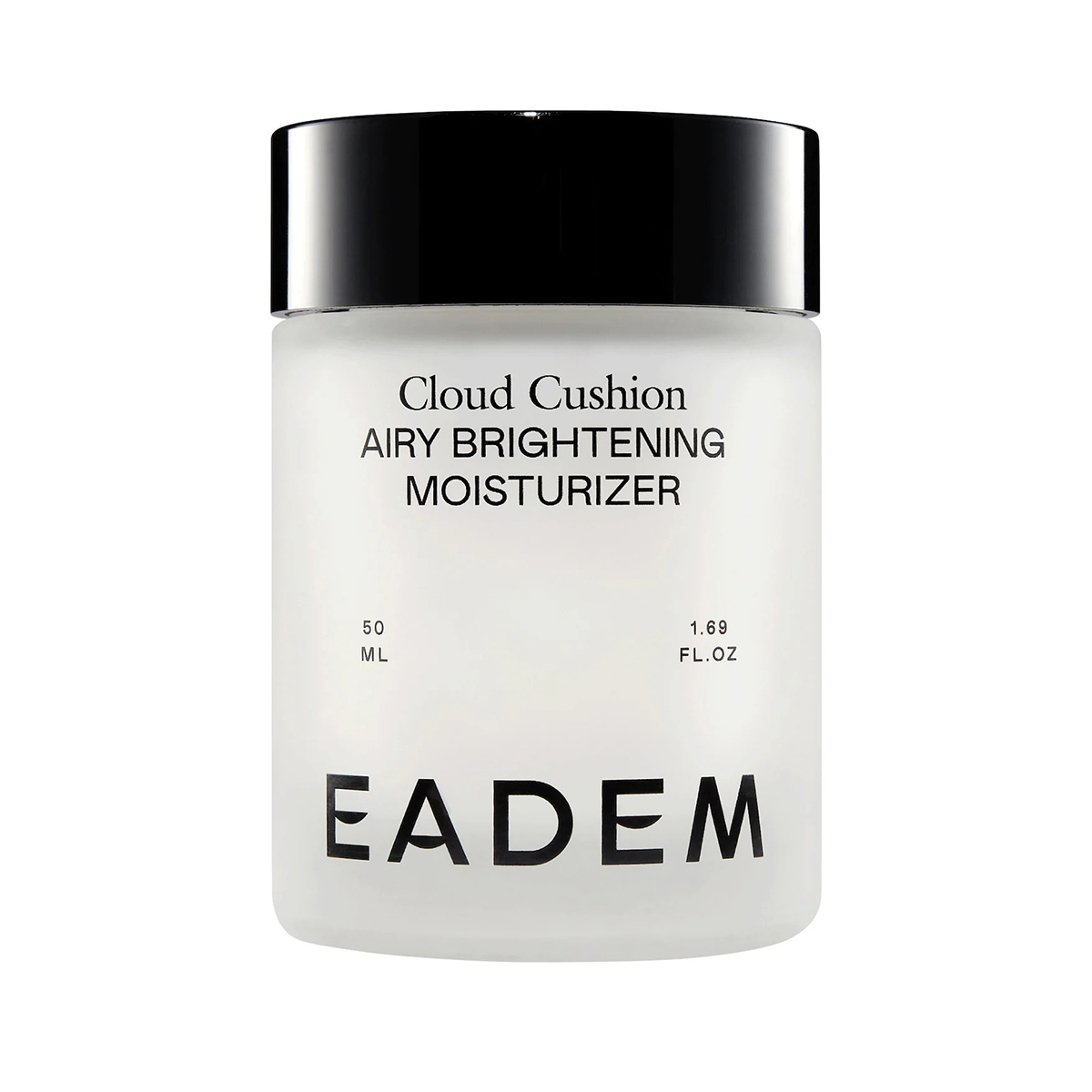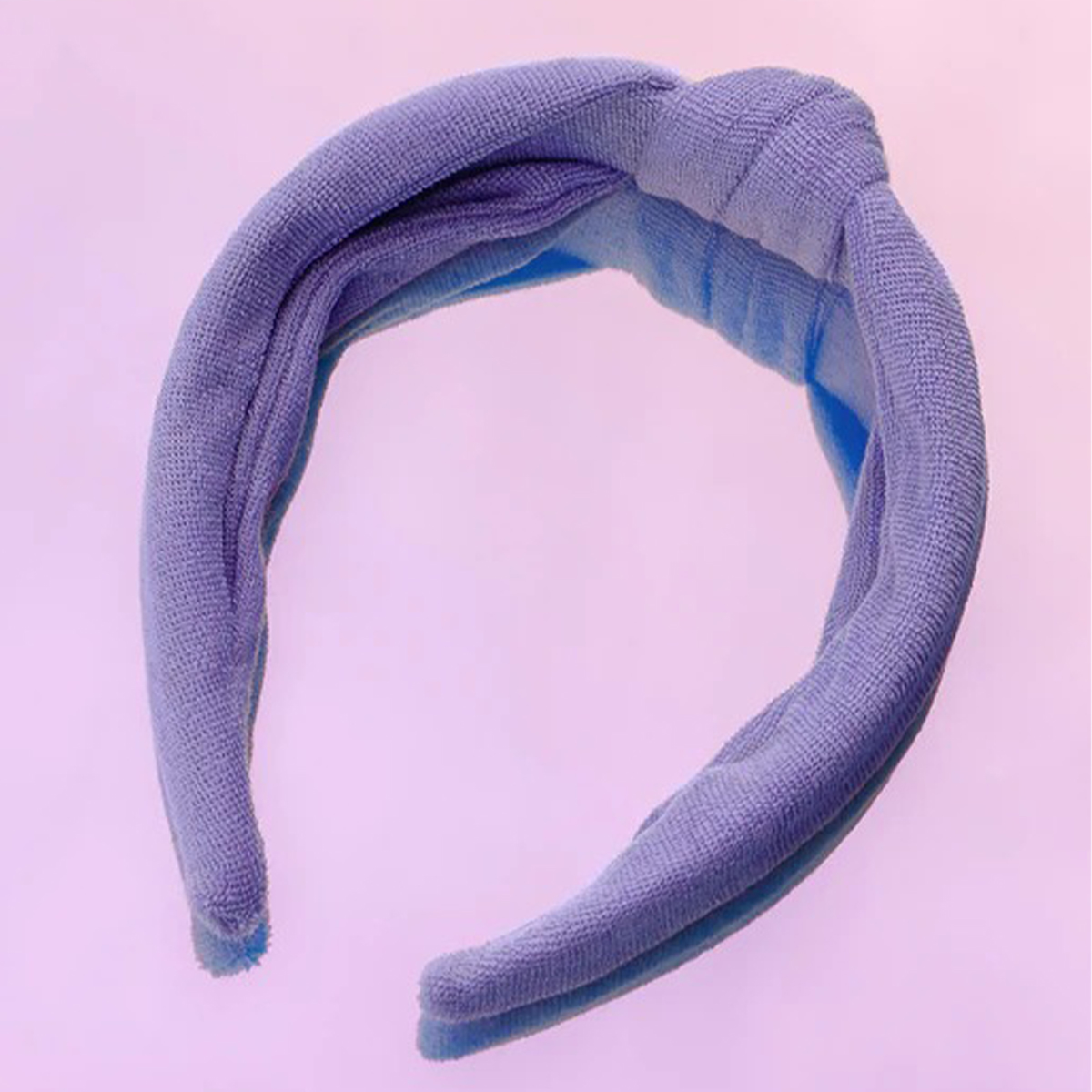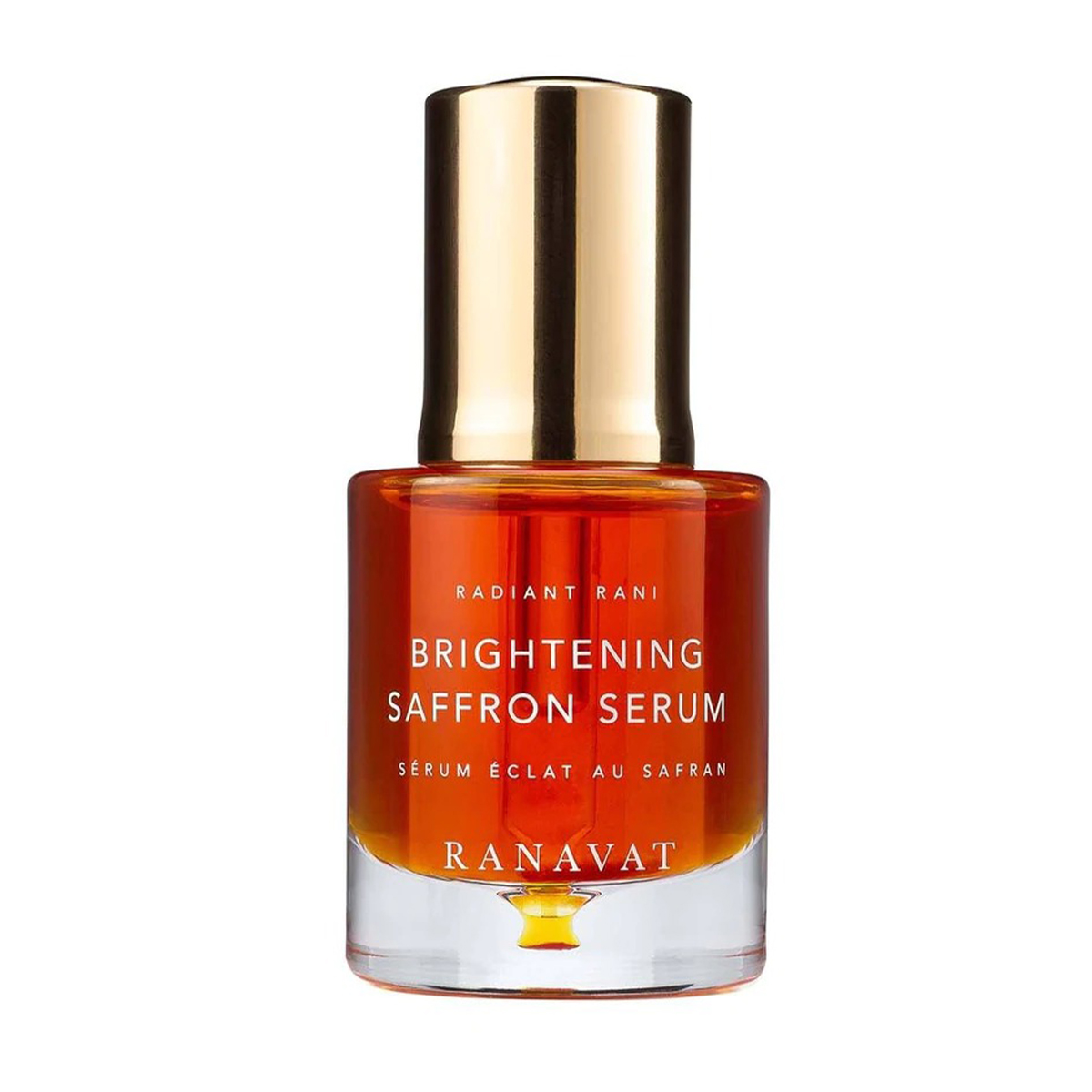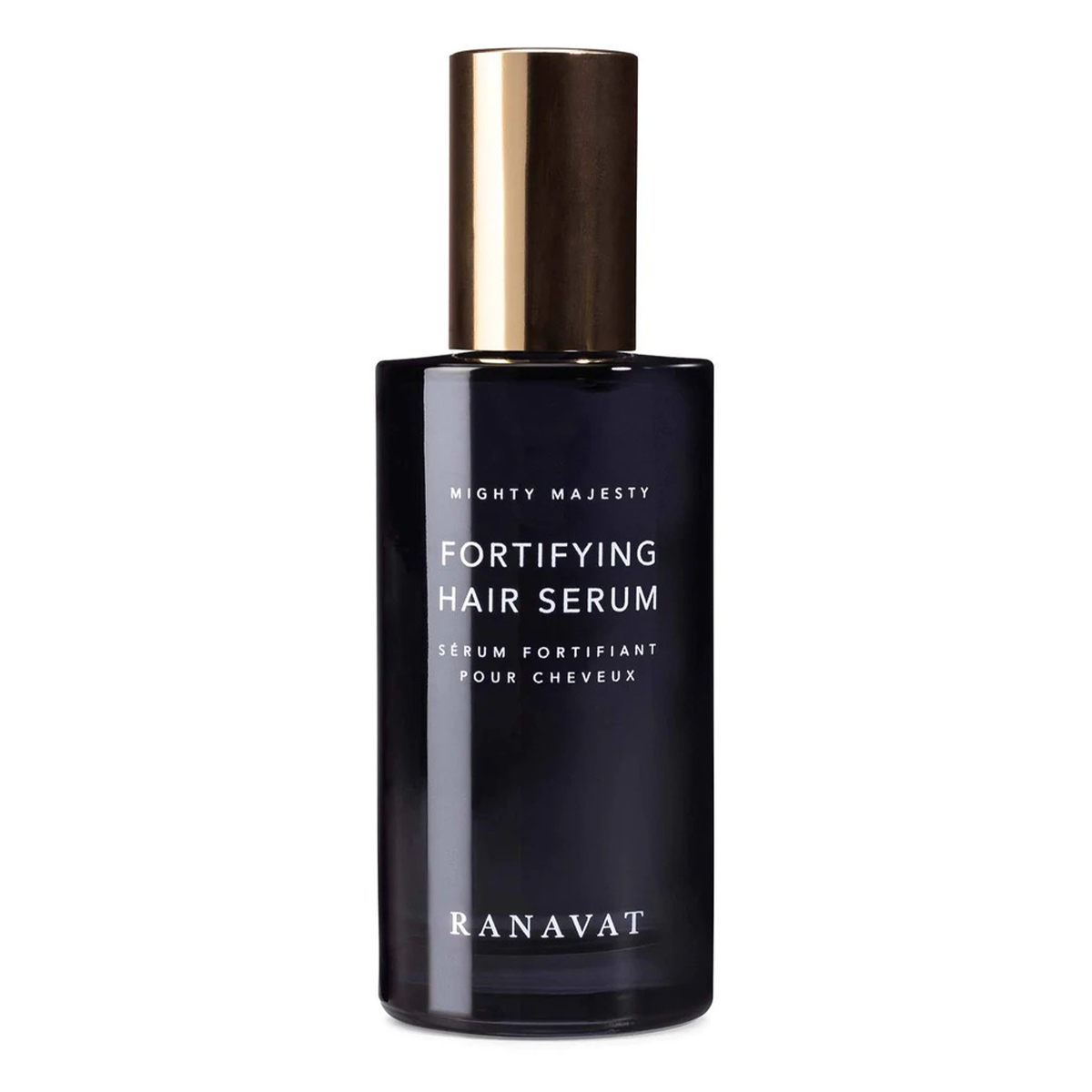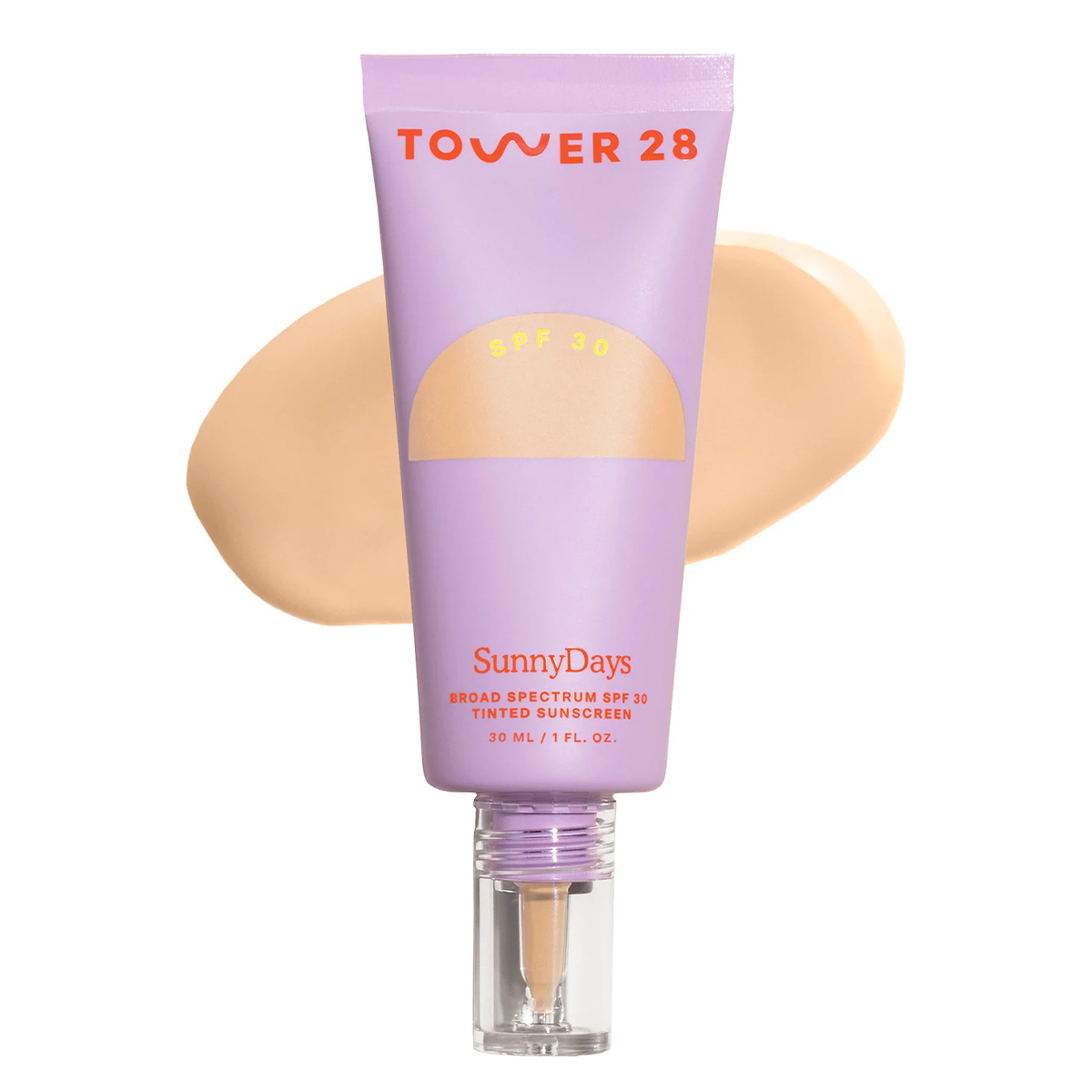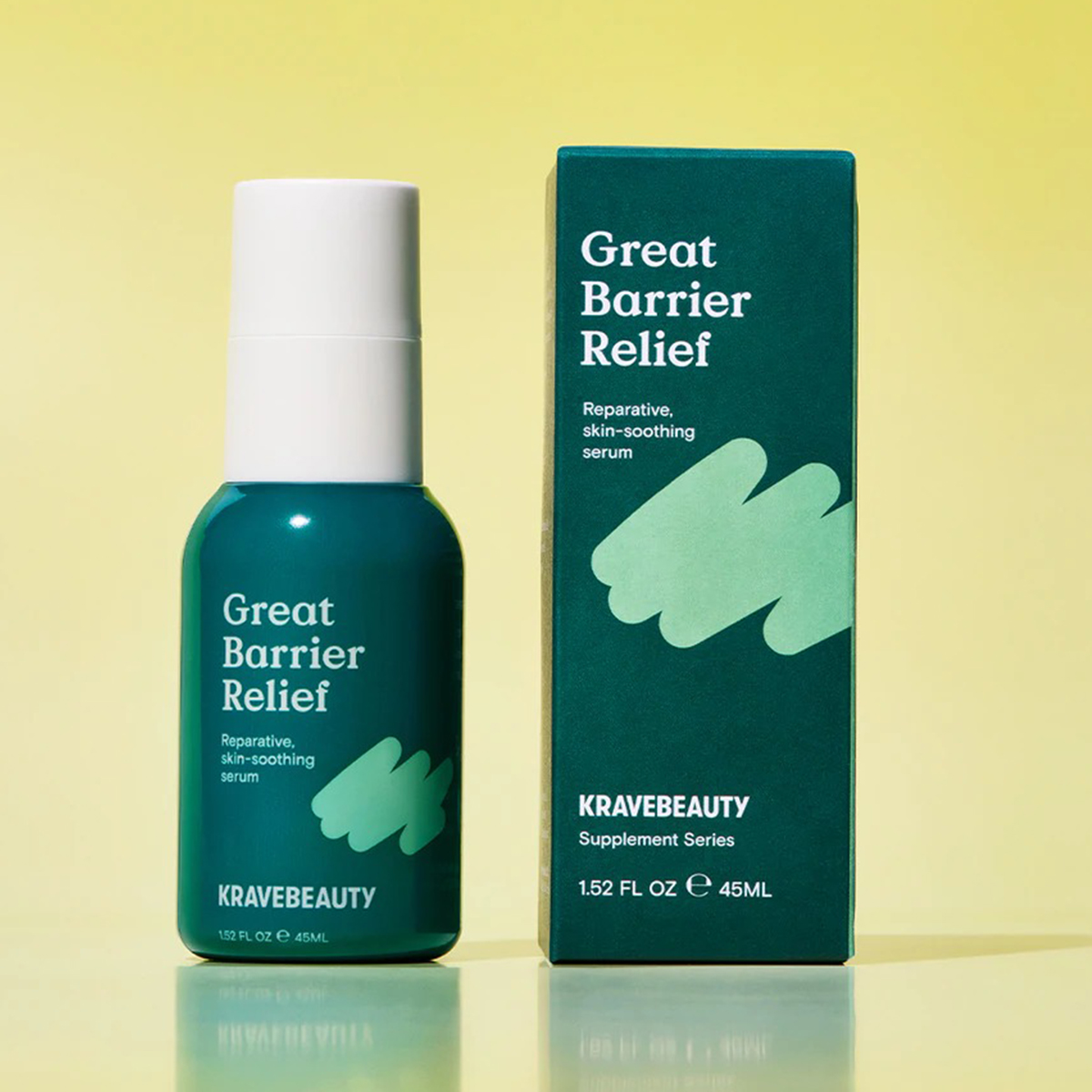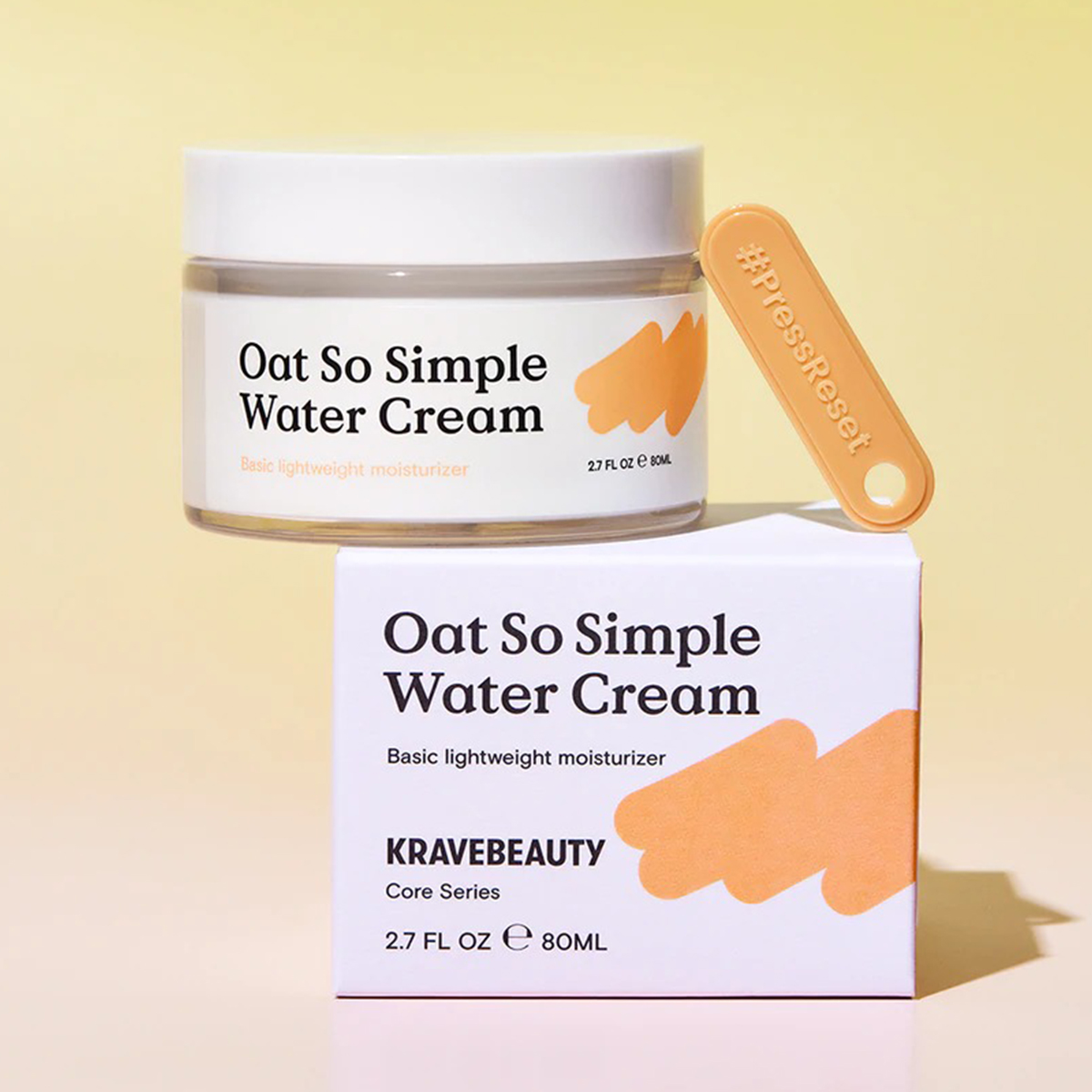According to AAPI Beauty Founders, These Ingredients Do the Most for Asian Skin
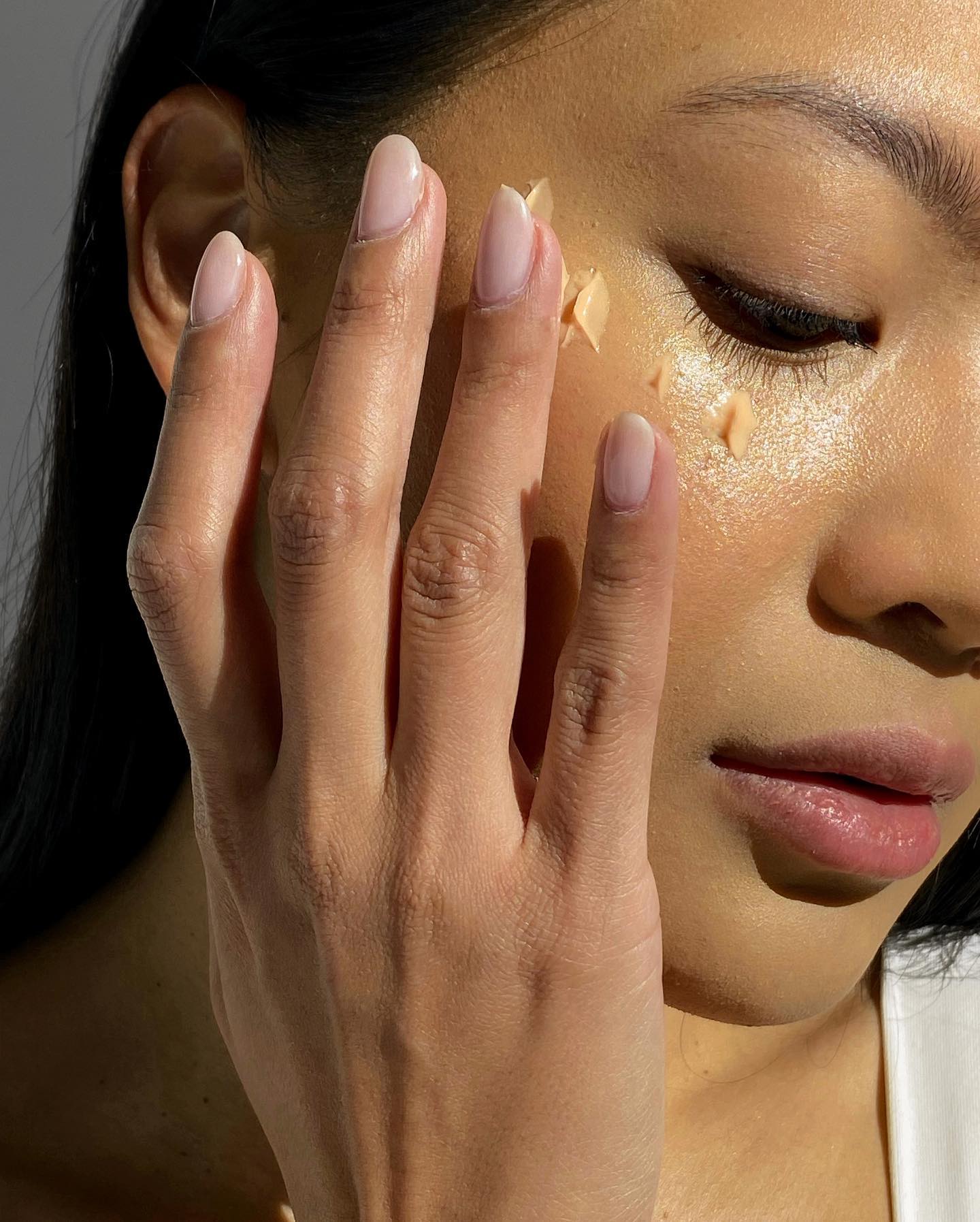
To celebrate AAPI Heritage Month, we're diving deep with brand founders into the current state of the beauty industry. While we can all agree that we've seen some positive shifts in the right direction when it comes to addressing the needs of a broader spectrum of skin tones, there's still work to be done.
For starters, many makeup and skincare products marketed toward people of color actually contain extremely harsh ingredients like hydroquinone, a skin-bleaching agent used to treat dark spots (a common concern for Asian skin tones). Asian skin tones can also vary on the spectrum quite a bit. They can be on the light or darker side (varying shades of brown), so that creates a bit more of a challenge when trying to select the right products. Luckily, I was able to pick the brains of AAPI beauty brand founders who have done their research and create products with their own skin in mind. They aren't just thinking of themselves, though. Each of these brands is highly inclusive and is helping to move the dial in the right direction when it comes to diversity in the beauty space. For all their insight on this topic and hero products they absolutely swear by, keep reading below.
Acaderma
At the helm of Acaderma is Shuting Hu, a cosmetic scientist on a mission to create nontoxic beauty that's backed by science and made for every skin tone and type. Hu has some particular advice for those who are Asian and in need of a skincare routine that really serves them. "Most Asian skin types fall under the three to four skin types on the Fitzpatrick scale," she says. "One thing about Asian skin that most people might not know is that three to four skin types are more vulnerable to environmental factors such as UV radiation and visible light and are very prone to hyperpigmentation and melasma. These environmental aggressors will generate free radicals and chronic inflammation. When the skin is in a chronic state of inflammation, it can cause post-inflammatory hyperpigmentation (PIH), which leads to small dark spots, patches of inflammation, and acne scarring. Thankfully, the industry is opening up to more and more beauty and skincare brands that address these issues and develop products designed to rebuild, protect, and nourish the skin barrier."
If you are prone to any of these things, Hu suggests looking for ingredients like grape-seed extract, ceramides, green tea extract, and resveratrol. "Green tea or grape-seed extracts are rich in phenolic acids, anthocyanins, flavonoids, or oligomeric proanthocyanidin complexes (OPCs)," she says. "Because Asian skin tones are more susceptible to hyperpigmentation and sun damage, antioxidants and anti-inflammatory actives will help to protect your skin by fighting off free radicals and repairing damaged cells." As a scientist first, Hu also believes that the potential to harness the power of botanicals has still gone largely untapped, and she wants to see the industry move in this direction. She also calls for more transparency. "I would love to see the beauty industry focus more on the ingredients and science behind the production process. I also hope to see more women step up on this side of the industry and become entrepreneurs streamlining change within the beauty and wellness space," she adds.
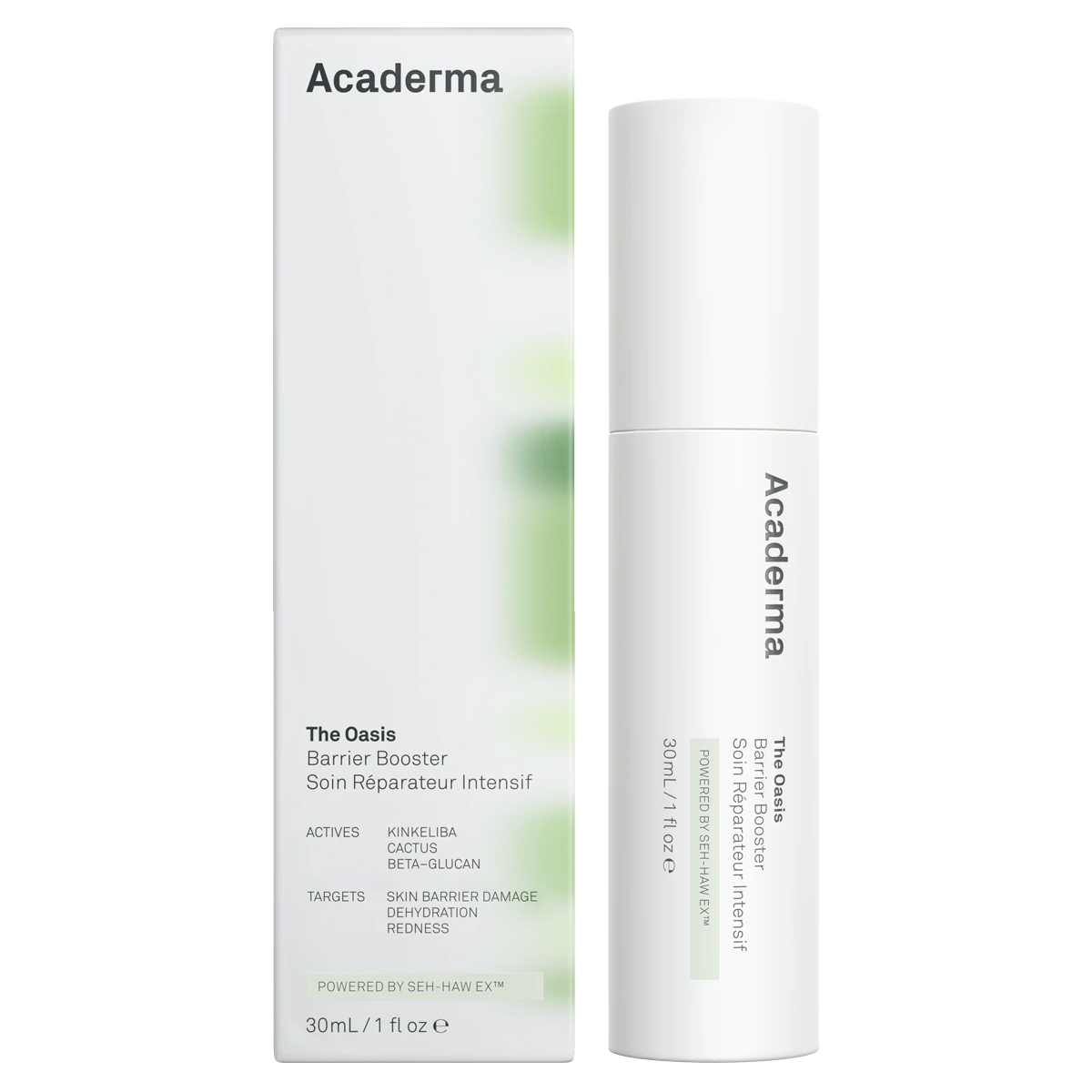
"My skin can't live without this, especially during the spring season. It calms and soothes redness and irritation induced by environmental factors such as pollen. We recently reformulated this serum to also provide a potent anti-inflammatory benefit that rebuilds the skin barrier and slows down the skin's natural aging process." — Hu
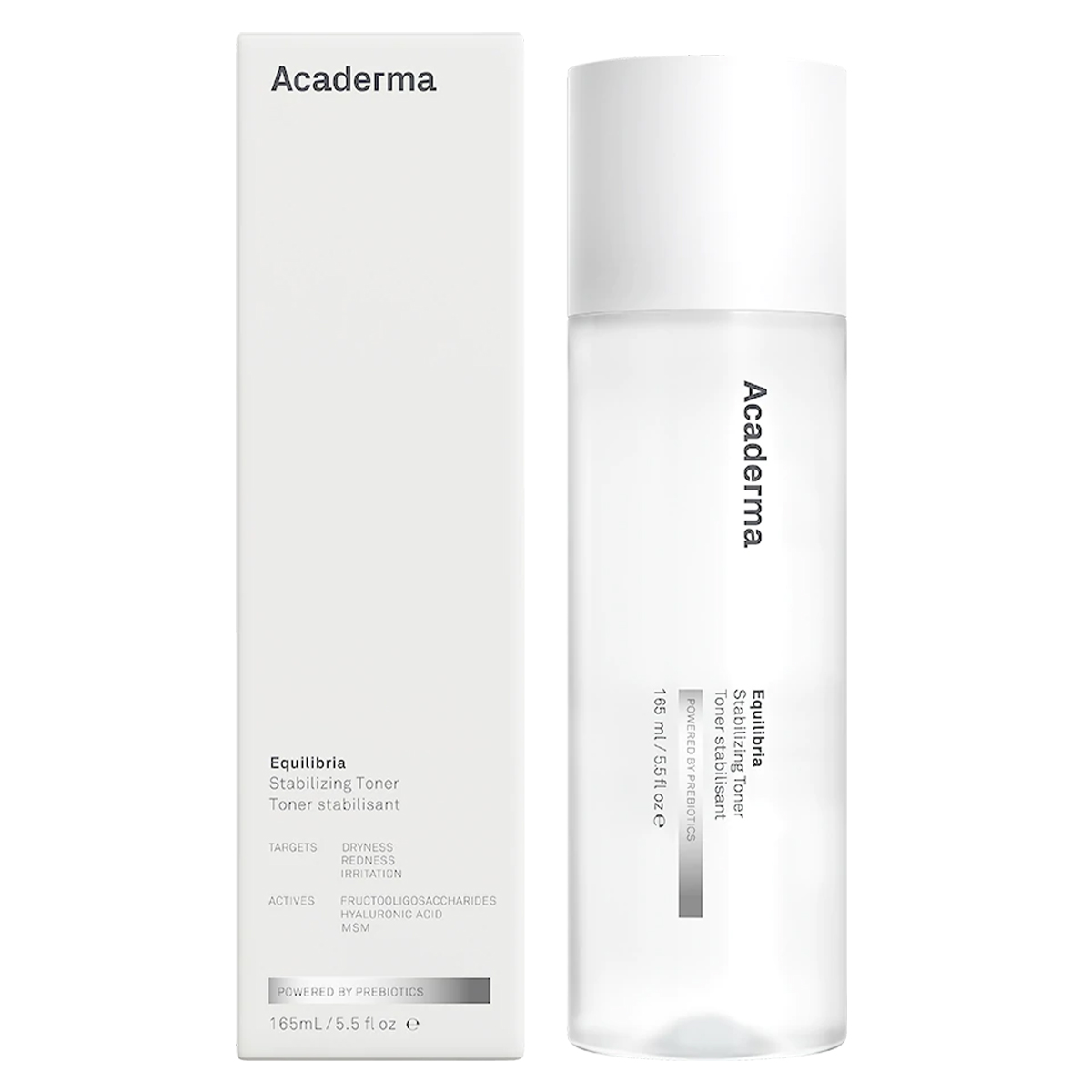
"This is an alcohol-free toner powered by prebiotics that boost your glow and reduce redness while helping the other products in your routine penetrate the skin even deeper. People love this product because it really refreshes the skin and gently removes any excess dirt, oil, or other impurities from the skin." — Hu
U Beauty
With the help of her longtime friend and business partner Katie Borghese, Tina Craig decided it was time to make a major change in her skin and the beauty routines of others by creating U Beauty. "I was in search of a simple yet effective skincare routine that provided real results without irritation and without taking up too much time and energy," she shares. "Cosmetic confusion had left me with a cluttered beauty counter and even more cluttered 15-step daily routine, yet my skin was struggling with endless rosacea flare-ups and constant irritation. I had to make a change, and I knew I wasn't the only one who felt this way. Since I couldn't find a solution, I created it myself!"
She kept her own skin in mind when working with a clinical-grade lab in Italy to formulate her products for those with a similar skin type. "Shades of Asian skin range from pale to dark more than any other race, depending on geographic location. Asian skin also tends to be delicate but can also have more sebaceous glands, which can throw oil production into overdrive if treated too harshly." Craig says. "That's probably why blackheads were a huge issue for me as a teen (as I scrubbed with cotton balls soaked in Sea Breeze or, worse, in alcohol!). Though, I never had acne. Finally, I actually burn easily and then tan since I have less melanin yet suffer from hyperpigmentation. Many of these issues are ones I've addressed when engineering U Beauty's formulations."
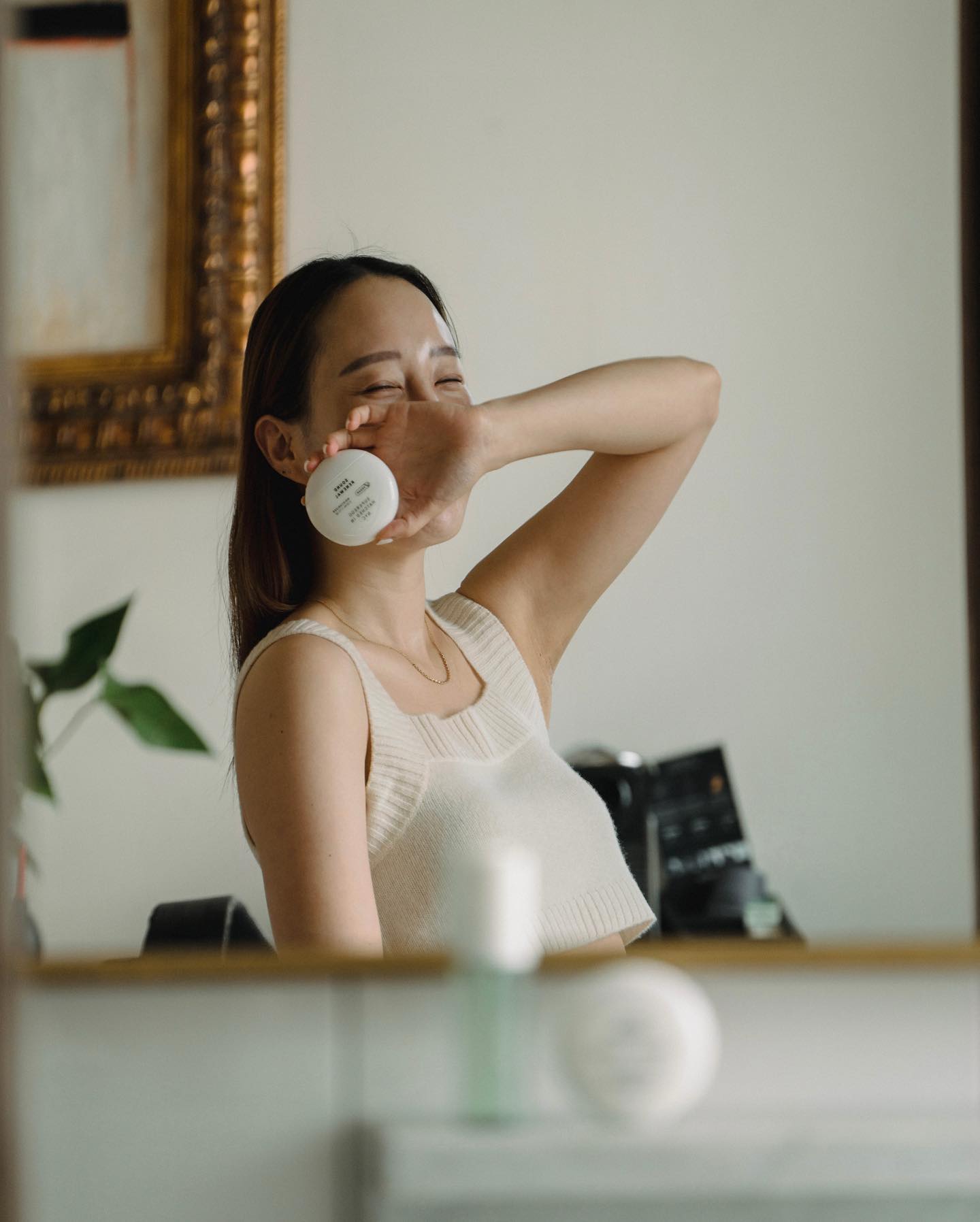
Good Light
Good Light is part of the beauty platform Very Good Light, founded by author and journalist David Yi. The platform aims to democratize beauty for all people, and the skincare arm, Good Light, is completely gender inclusive. "I'd love to see us talking more about gender inclusivity in the near future," Yi says. "It's so binary on all of the beauty aisles. We know folx have fought hard to be seen, and truly, we want to celebrate people and their gender identities without gender roles involved. It's all about empowering folx from all spectrums, and I'm so proud of that." In order to make sure the brand truly meets the needs of all skin tones and types, its products go through serious RIPT (repeat insult patch testing), which helps evaluate the sensitization potential of a product. "All of our products are clinically tested, and 100% of the results find that they are for sensitive skin types, are nonallergenic, and they're dermatologist tested as well," Yi adds.
Eadem
Eadem co-founder Alice Lin Glover shares that she has struggled with cystic acne pretty much her whole life. This led her and her co-founder Marie Kouadio Amouzame to seek out real solutions. "I've had severe cystic acne and eczema for my entire life and spent tons of time and money on visits to the dermatologists, facialists, and even traditional Chinese medicine healers to help manage my skin," Glover shares. "I started looking into the ingredient hydroquinone when I realized that several products I was using contained it and quickly learned that it had been banned in the EU and several countries in Asia and Africa for its potentially harmful side effects. It was then that I became convinced that there was an urgent need to provide safe and effective skincare products designed specifically for women of color who might be experiencing skin issues like mine. My friend Marie, who I worked with at Google at the time, had similar frustrations with representation in the beauty industry, so together, we created Eadem as a brand centered on the unique needs of melanin-rich skin."
Eadem's current product lineup targets the largest skin concerns most people of color have. "Hyperpigmentation is the number one reason Asian, Black, and Hispanic people go to the dermatologist. We were shocked to learn that most of the products currently on the market that targeted women of color weren't even being tested on a wide range of skin tones. That's why we decided to launch with our Milk Marvel Dark Spot Serum first," Glover says. "The beauty industry as a whole also needs to continue to push for diversity beyond tokenism, and this starts with internal changes at some of the bigger name brands. Without diverse representation at the executive level, it is totally impossible to authentically cater to our community. Marie and I are building Eadem to be inclusive of all cultures, ethnic backgrounds, and skin tones. We need more brands like ours so women of color will finally be able to embrace themselves exactly as they are."
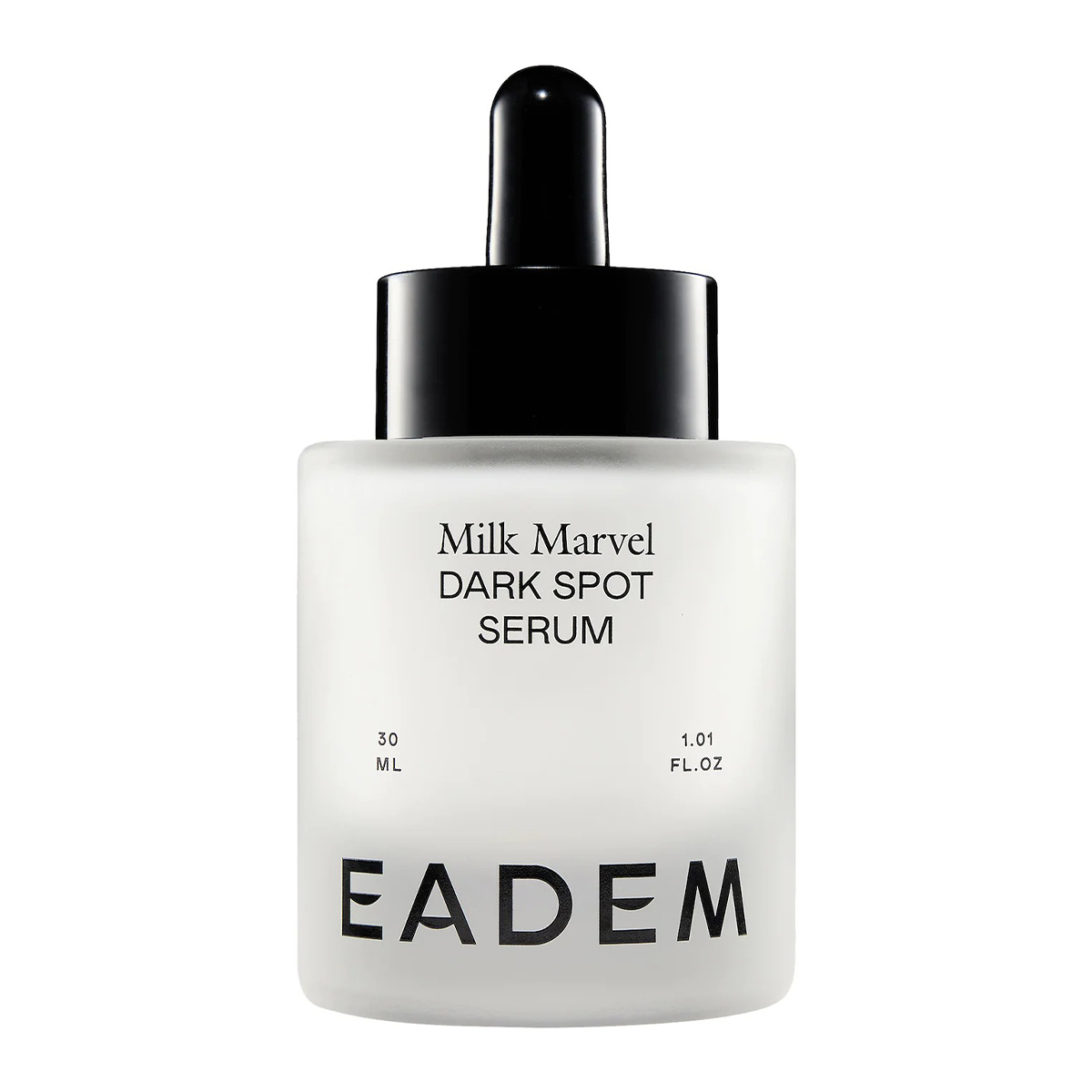
"The Milk Marvel Dark Spot Serum is designed to gently treat dark spots caused by hyperpigmentation without lightening the overall skin tone. We formulated it from scratch alongside a chemist and dermatologist, both of whom are women of color themselves, and conducted clinical tests with a panel of testers who have darker skin tones." — Glover
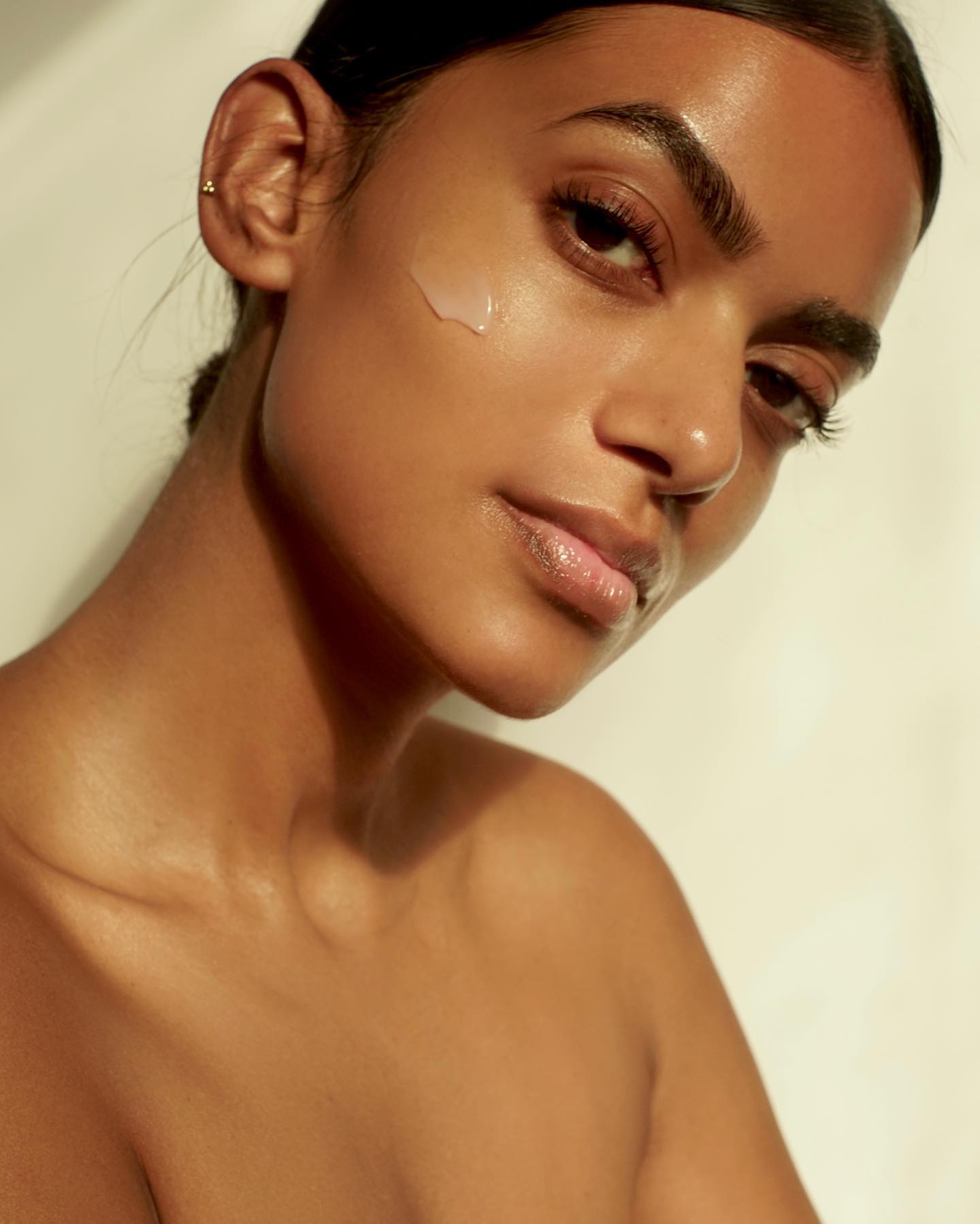
Kulfi Beauty
Priyanka Ganjoo wanted to celebrate and complement South Asian skin tones in a way like no other—that's why she created Kulfi Beauty. "Even while working in the beauty industry for years, I never saw the South Asian community represented as we should be," says Ganjoo. "My goal with Kulfi Beauty is to create a space where people can confidently express themselves through the art of makeup. Our five shades of Kajal Eyeliners were all specifically selected and formulated to complement the unique skin tones and undertones of South Asians."
According to Ganjoo, each shade is uniquely formulated to have a higher pigment payoff than your average liners. "This was important because, for people of color, it can be quite trying and discouraging when you find makeup that's not pigmented enough to show up on your skin," she says. She also believes that inclusivity should extend far beyond product formulation. "We still have a long way to go in terms of representation in the beauty industry. I hope brands grow to understand that true inclusion means creating a space that empowers traditionally marginalized people to express themselves in all their complexities," she adds. "To represent culture authentically, brands should involve people from the culture in the creative process. And inclusion goes far beyond the marketing of a brand. It's important to fight for inclusion behind the scenes: Are the company employees, leaders, and investors committed to inclusivity? We need to do better for younger generations so that they can grow up viewing beauty from a holistic perspective without having to compromise their individuality."
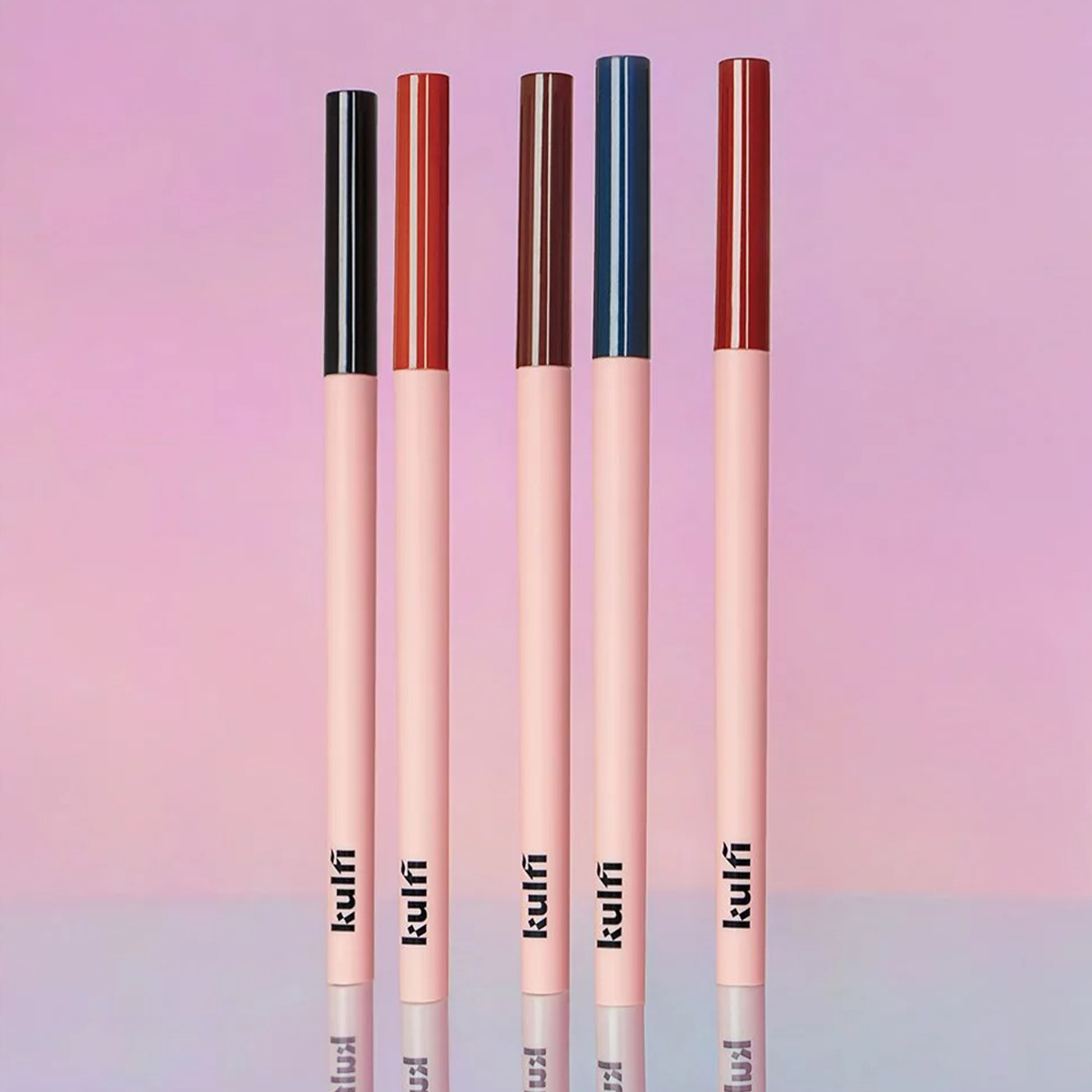
"Two of our shades, Tiger Queen and Purply Pataka, are great neutrals for our [South Asian] skin tones and undertones. Most black liners can appear gray when applied to tan and deep skin tones. That's why I formulated our black shade, Nazar No More, to be more warm toned and highly pigmented for better color feedback and definition." — Ganjoo
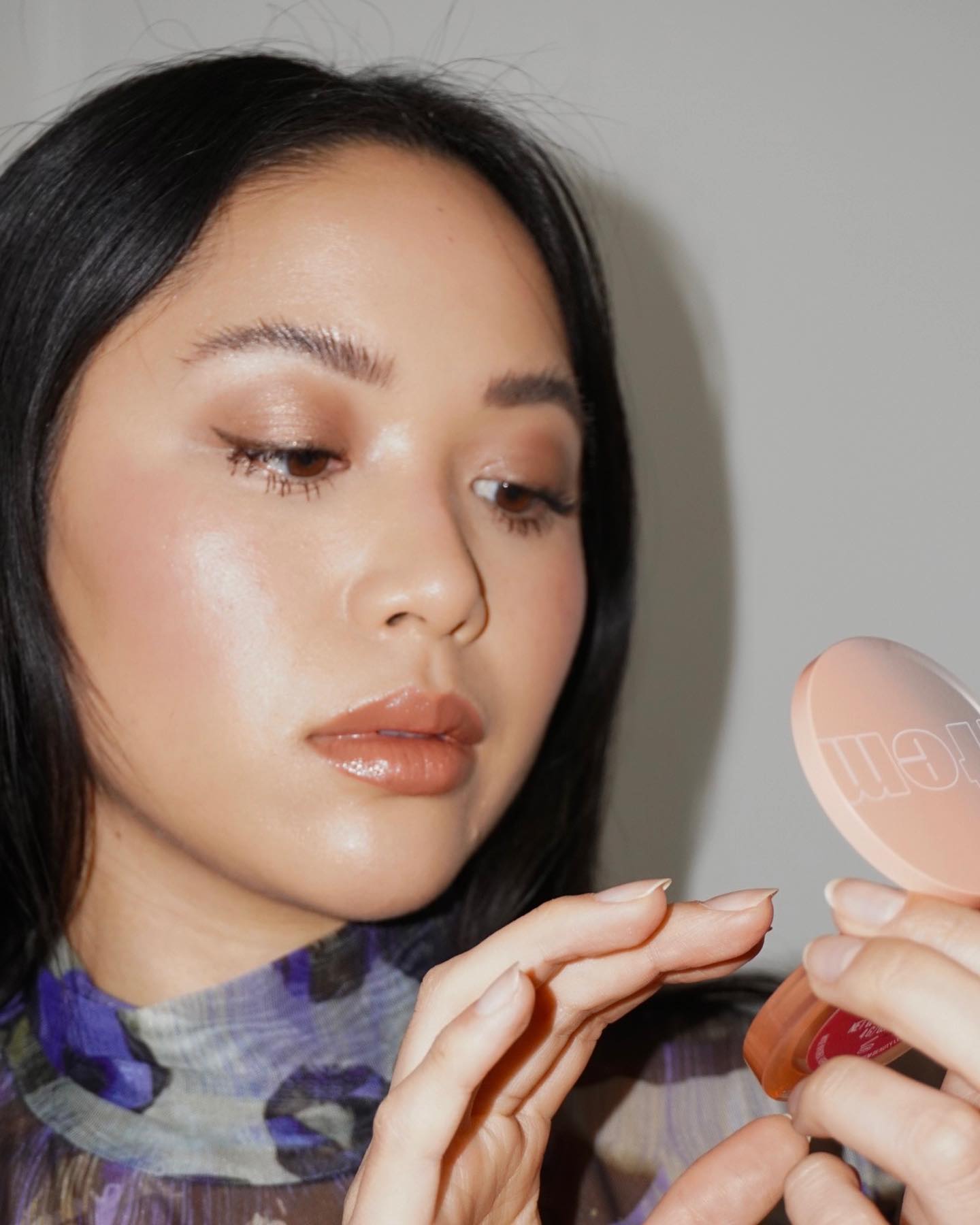
Ranavat
Rooted in her love for Ayurvedic beauty and her South Asian heritage, Michelle Ranavat created her namesake brand Ranavat to share with the world. After losing her job during the 2008 crash, she worked at her father's pharmaceutical company and learned she had a passion for material sourcing and product development. "Ranavat was inspired by that discovery, plus a lifelong interest in Ayurvedic beauty rituals," she says. "The brand is ultimately a love letter to my South Asian heritage, using time-tested ingredients that deliver real, proven results." That's why the brand's Brightening Saffron Serum is so popular. It addresses hyperpigmentation in darker skin tones with a lightweight formula and contains saffron. Saffron is considered a "miracle elixir" in Ayurveda for its antioxidant, antimicrobial, and anti-inflammatory properties.
In terms of representation in the industry, Ranavat thinks there has been some positive movement. "When I started Ranavat almost five years ago, Ayurvedic beauty was considered a niche market. Recently, we've started to see a shift in that thinking as more people discover the incredible benefits of these adaptogenic ingredients. I hope to see more brands that pay homage to these global traditions (in a meaningful, respectful way) enter the mainstream beauty conversation," she says.
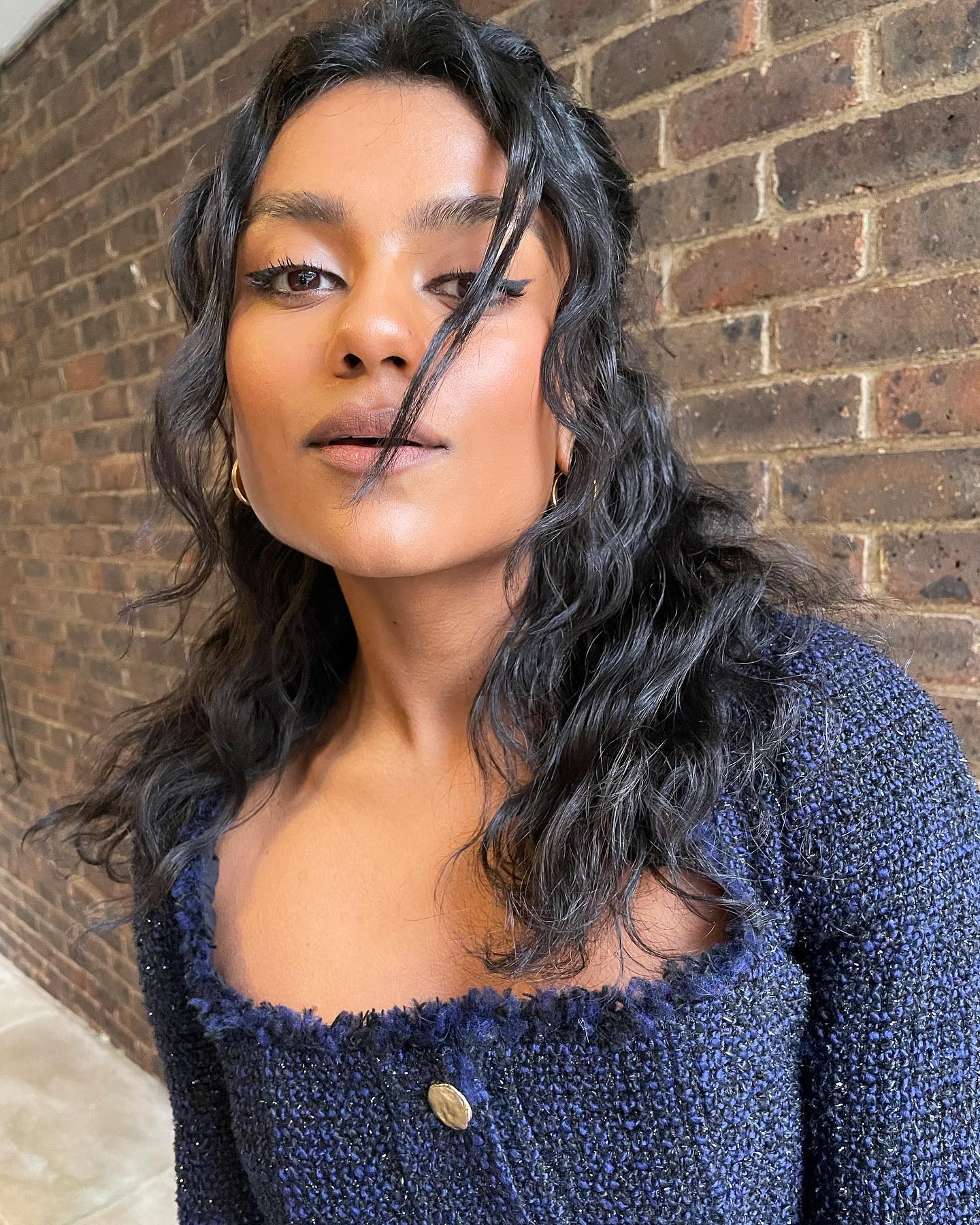
Tower 28 Beauty
Having spent a lot of time working in the beauty industry and trying products that didn't suit her eczema-prone skin, Tower 28 Beauty founder Amy Liu decided to take matters into her own hands. "I've been in the beauty industry for a long time now, but as someone with a history of sensitive, eczema-prone skin, I could never enjoy trying out all the latest products," she admits. "Even when I found clean alternatives, they either contained harsh ingredients that were triggering for my sensitive skin or felt clinical and prescribed. This inspired me to launch Tower 28 in 2019 as a clean and sensitive skin–friendly beauty brand that was still fun and accessible. We are the first and only makeup brand to 100% follow the National Eczema Association's guidelines, which means our products contain zero potentially irritating ingredients."
Liu knows eczema is more of a common issue than you might initially think. "Eczema is actually really common among people of Asian descent, and we've found that making products that consider all sensitivities opens your ability to cater to a wider range of skin types and tones—something I'm not sure is thought about enough!" she says. "In addition to this, we recently launched our first complexion product, SunnyDays, and worked with South Asian makeup artist Kirin Bhatty to ensure that our range of 14 shades was suitable for all skin tones. Kirin and I knew how important it was to be as inclusive as possible and made sure to focus on undertones (another thing that is often ignored!). You can come out with a complexion product featuring 40+ shades, but if the undertones aren't carefully considered, the shades won't be inclusive."
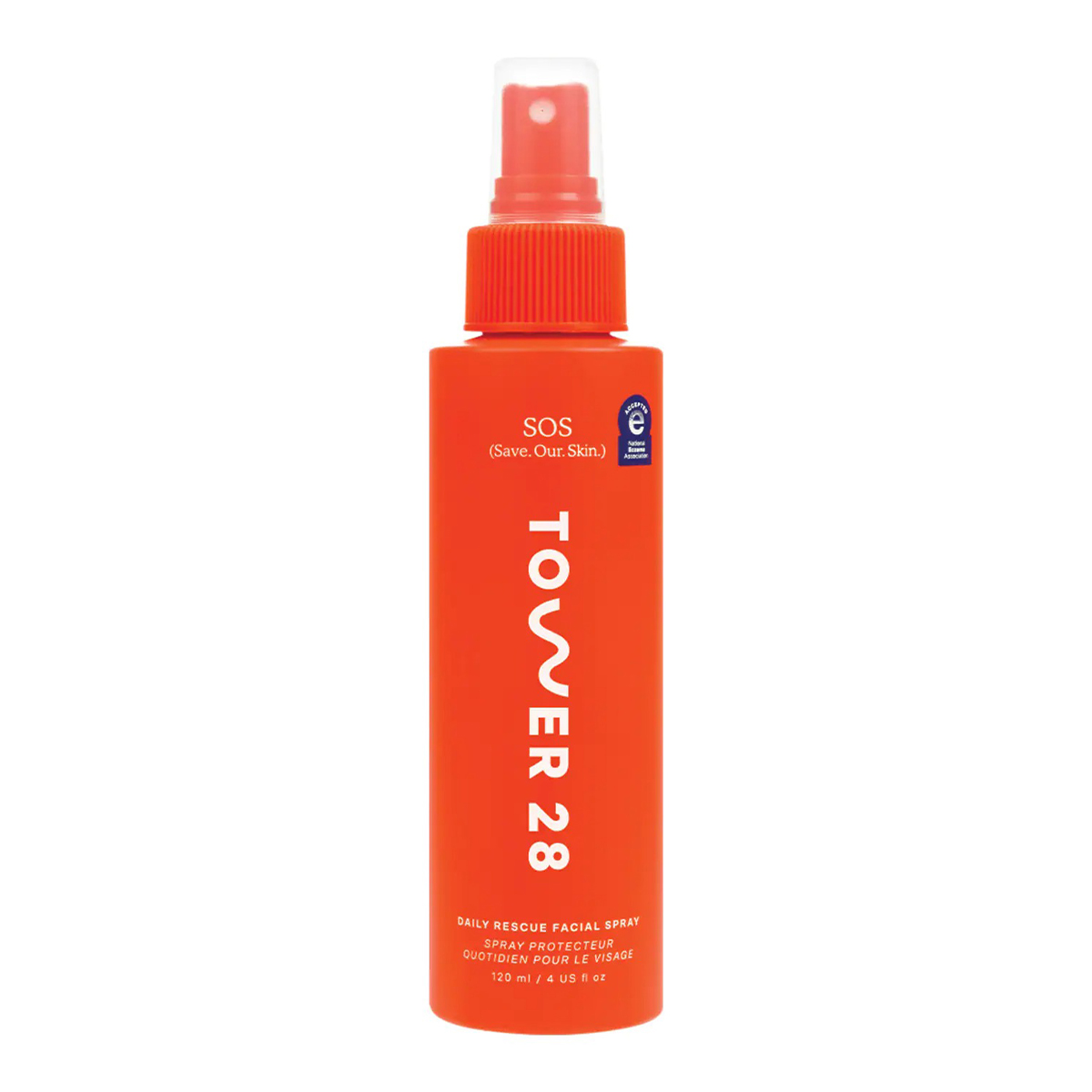
"This is definitely my ride-or-die. I learned about the incredible healing properties of hypochlorous acid (the main ingredient in our SOS products) when I was trying to find a solution for my eczema that didn't include steroids. The spray is super gentle and can be used to combat not only eczema but also any skin inflammation, including blemishes, rashes, rosacea, acne—you name it! It's truly the 'Windex of skincare.' (Shout-out to My Big Fat Greek Wedding!)" — Liu
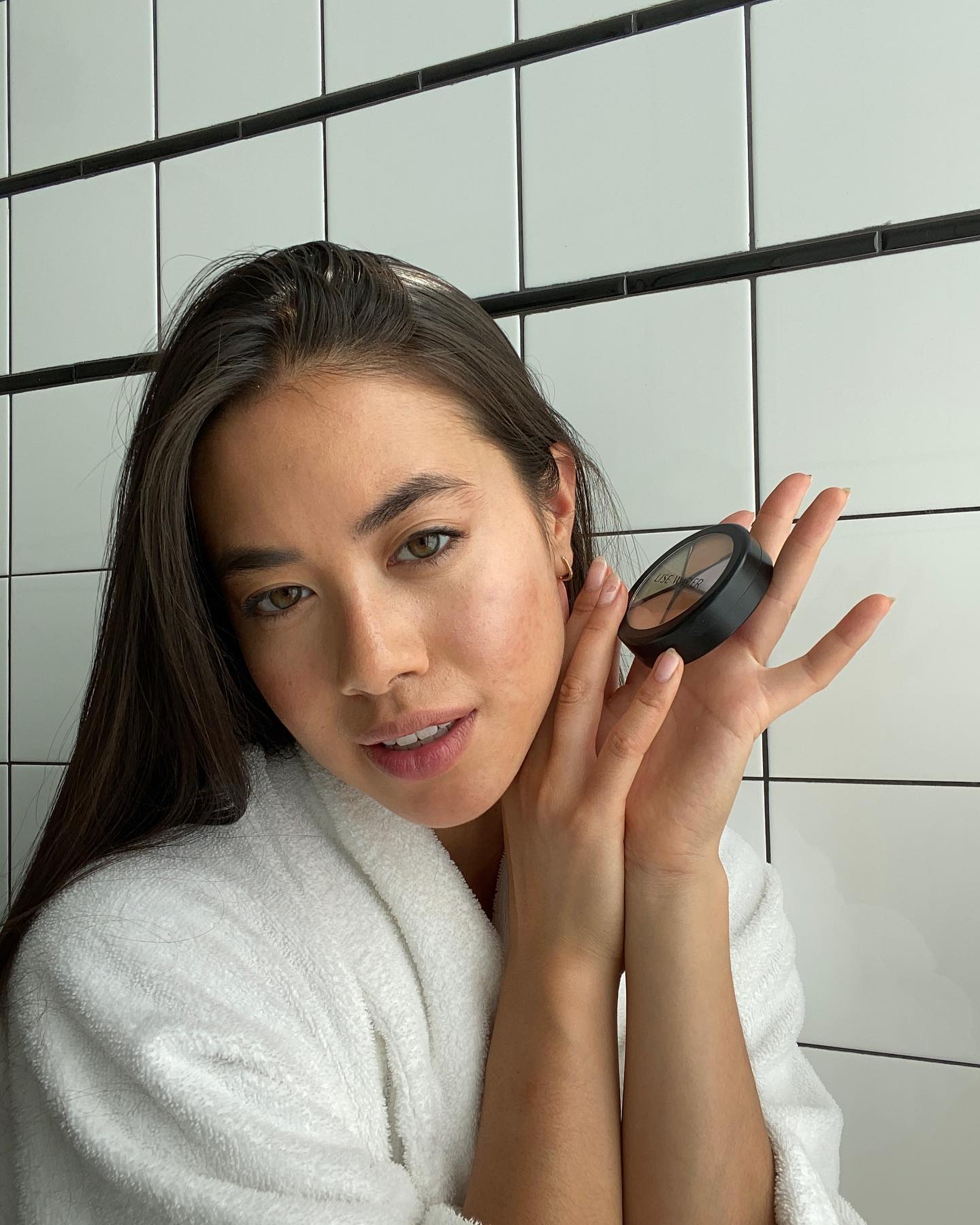
KraveBeauty
Liah Yoo founded KraveBeauty because she wanted to press reset on the oversaturated skincare market. "Consumers were living in a state of constant analysis paralysis," she explains. "Despite the abundant product options and information out there, people were more confused than ever on how to build a skincare routine for themselves. Nowhere in my life plan was there any intention to launch a skincare company. But I saw a clear problem, and I knew I wasn't alone in this, as I was interacting with hundreds and thousands of women on a daily basis through my content. So I started KraveBeauty to liberate people from the stress, confusion, and feelings of being overwhelmed associated with skincare and instead empowered them to tune into their skin's cravings."
KraveBeauty's simple lineup consists of products like the Matcha Hemp Hydrating Cleanser ($16), which is formulated with plenty of antioxidants that are great for inflammation and acne. The brand's Kale-Lalu-yAHA Exfoliator ($25) is also great for discoloration and reveals a healthier, more even complexion with long-term use. True to the brand's "less is more" ethos, Yoo would like to see the industry put an end to fast fashion–like product launches and overdone beauty advertising.
Up Next: 15 Under-the-Radar AAPI- and Asian-Owned Brands Every Beauty Lover Should Know
Shawna Hudson is a beauty, wellness, lifestyle, and travel writer with over 10 years of experience. She graduated from California State University, Fullerton, with a degree in journalism and has written for other publications such as Bustle, The Zoe Report, Byrdie, Elite Daily, and more. She is currently a beauty writer at Who What Wear and hopes to continue feeding her (completely out-of-control) beauty obsession as long as she can. Stay up to date on her latest finds on Instagram @shawnasimonee.
